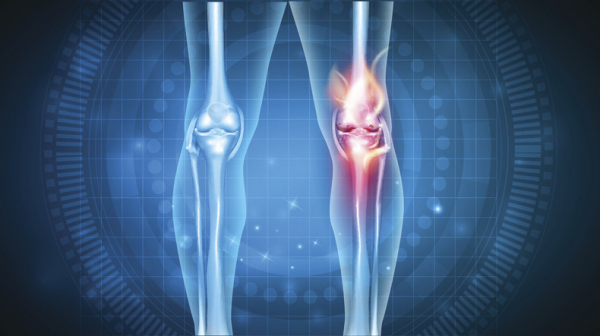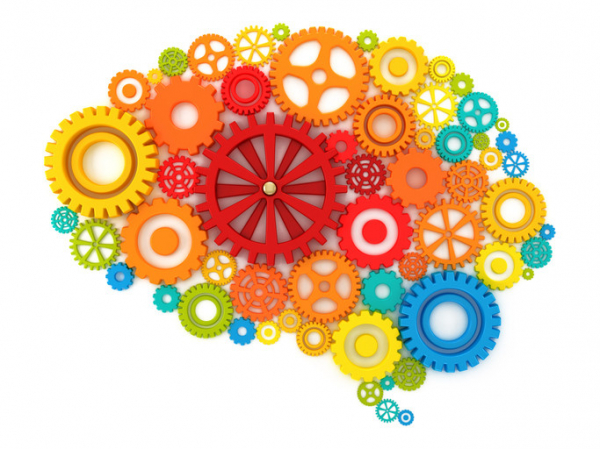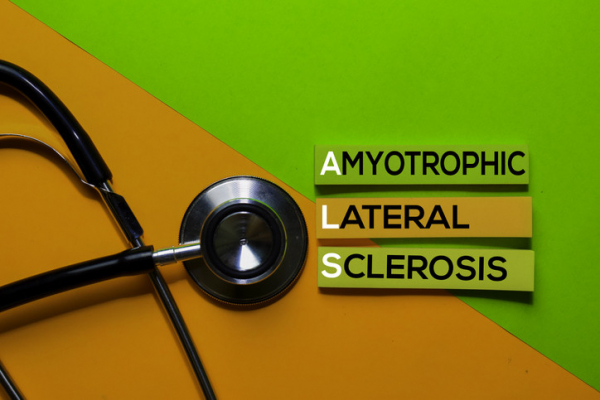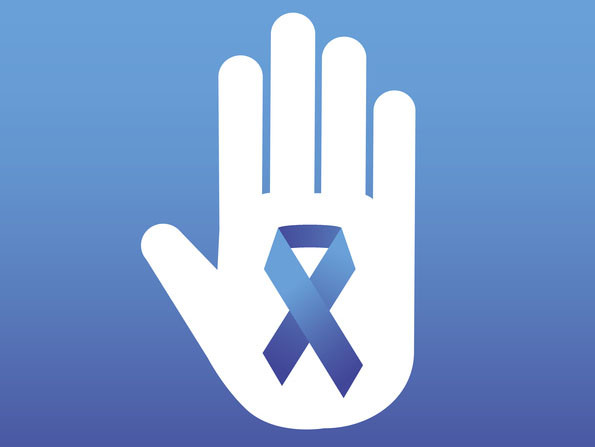The rising tide of dementia and the need for nondrug therapies
The human and financial cost of Alzheimer’s disease is devastating. More that 55 million people are living with Alzheimer’s disease and other causes of dementia, rising to 78 million by 2030 and 139 million by 2050. In the United States alone, the Alzheimer’s Association estimated that in 2020, more than 11 million unpaid caregivers provided … Read more









